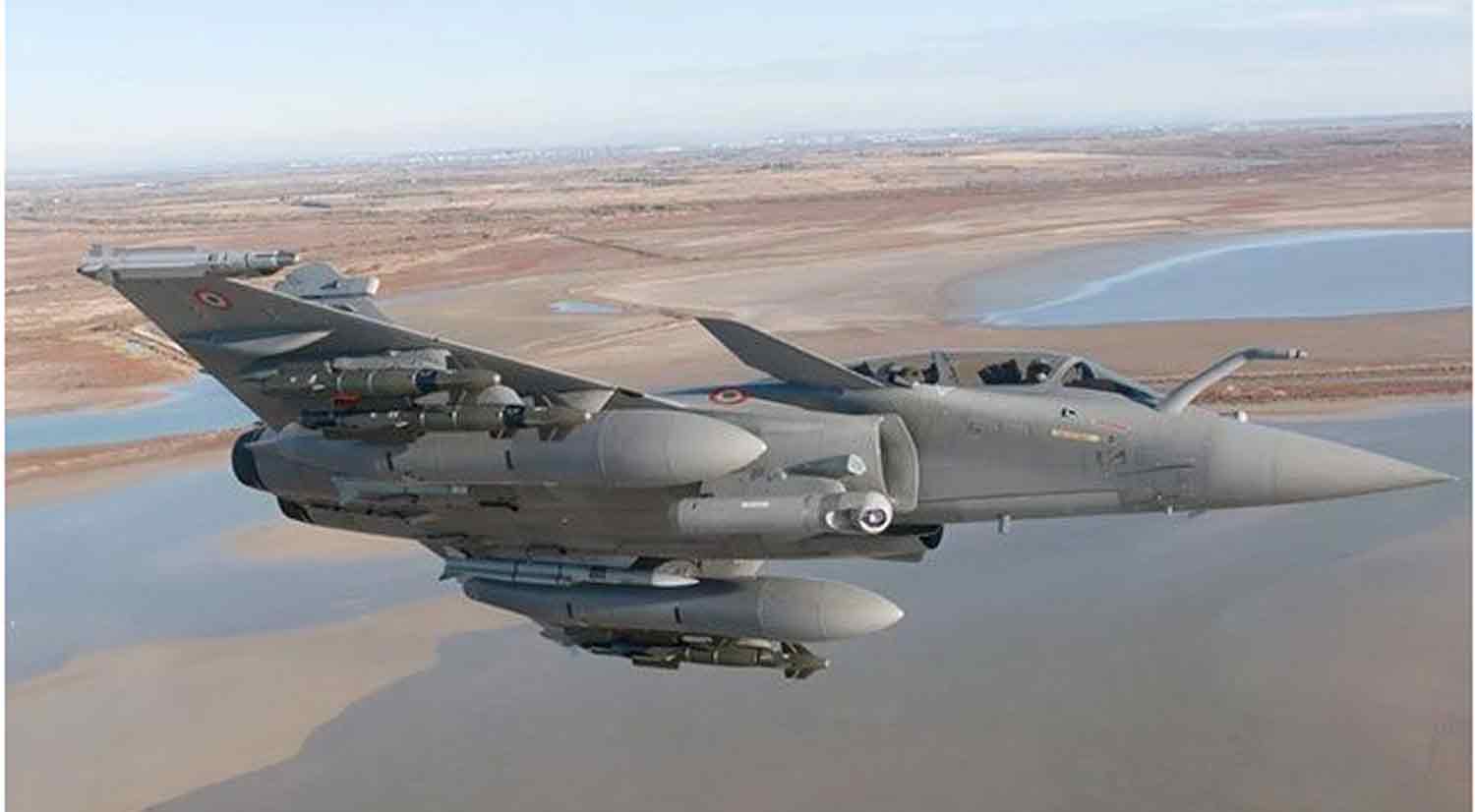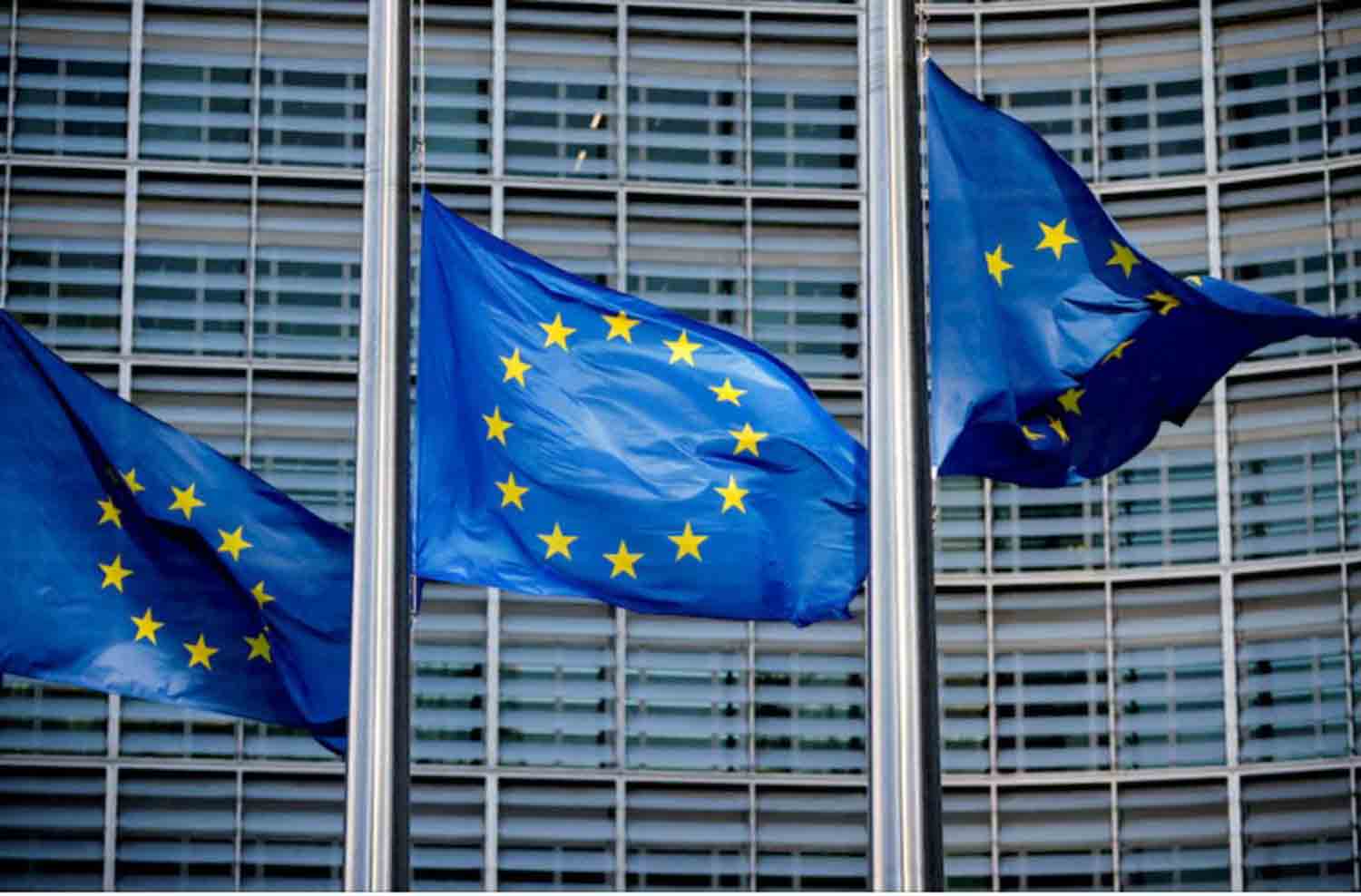French President Emmanuel Macron has urged European nations to reconsider their dependence on American military equipment. He advocates for the replacement of Lockheed Martin’s F-35 fighter jets with France’s Rafale and suggests substituting the U.S. Patriot air defense system with the Franco-Italian SAMP/T. This appeal was made during an interview published on March 14, 2025, by Le Parisien and Nice-Matin. Speaking from Paris, Macron’s message comes at a time of evolving transatlantic relations, as European countries are increasingly pressured to enhance their own defense capabilities amid uncertainties in U.S. foreign policy following Donald Trump’s return to the presidency in January.
His comments are intended to persuade NATO allies and other European partners to invest in European defense solutions, thereby creating jobs and fostering autonomy while addressing what he perceives as an excessive reliance on American technology, which has been fundamental to the continent’s security for many years.
The timing of Macron’s remarks is closely linked to recent geopolitical developments. With the Trump administration indicating a potential reduction in NATO commitments—mirroring his previous skepticism about the alliance—European leaders are actively discussing ways to fortify their own defense systems.
As a longstanding advocate for European strategic independence, Macron took this opportunity to advance his argument. “We must provide European alternatives to nations accustomed to American equipment,” he stated to the French media, highlighting the Rafale, manufactured by Dassault Aviation, and the SAMP/T, created by Eurosam, a collaboration between France’s Thales and Italy’s MBDA.
He contended that increasing the production of these systems could reduce costs and establish a self-sufficient defense network throughout Europe, less reliant on Washington’s agenda.
The Rafale, a twin-engine multirole fighter, has served as France’s premier military aircraft since its introduction in 2001. In contrast to the F-35, which prioritizes stealth with its low radar signature, the Rafale is designed for versatility, excelling in air-to-air engagements, ground attacks, and reconnaissance missions. It boasts a maximum speed of Mach 1.8 and a combat radius of approximately 1,000 miles.
President Macron’s proposal comes at a time when several European countries, such as Poland and Finland, have chosen the F-35 in recent years, attracted by its sophisticated sensors and compatibility with NATO operations. For example, Poland finalized a $4.6 billion agreement in 2020 for 32 F-35 aircraft, while Finland placed an order for 64 in 2021, according to records from the U.S. State Department.
France, which has not pursued the F-35, regards the Rafale as a reliable alternative, having delivered over 200 units to its own military and exported them to nations like India and Egypt.
On the other hand, the SAMP/T is a ground-based air defense system designed to intercept missiles and aircraft at distances of up to 75 miles. It features Aster 30 missiles and a radar system capable of tracking multiple targets, positioning it as a competitor to the Patriot system, which has a longer range of up to 100 miles but comes with a higher cost and more complex maintenance requirements.
Ukraine’s effective use of Patriot systems against Russian aircraft, widely reported by sources such as Reuters, has solidified their reputation. However, Macron is advocating for Europe to invest in the SAMP/T instead. France and Italy have already provided one system to Ukraine in 2023, with plans for a second system underway, as reported by the defense news outlet Militarnyi.
Macron aims to enhance the deployment of its defense systems throughout Europe, intending to replace the numerous Patriot missile batteries currently operated by countries such as Germany and the Netherlands.
Responses to Macron’s initiative are mixed across the continent. French Defense Minister Sébastien Lecornu expressed support for the proposal during an interview with France Info Radio, emphasizing that European taxpayer funds should remain within Europe rather than being directed to American companies.
He noted that France is set to acquire an additional 42 Rafale jets in 2025 as part of a €50.5 billion defense budget and is urging Eurosam to optimize the production of the SAMP/T system. However, not all nations share this enthusiasm.
Polish officials, who spoke anonymously to Politico, indicated that their agreement for F-35 jets is firmly established, highlighting the integration with U.S.-led NATO operations as an essential benefit. “We’re not turning back now,” one source remarked, echoing a common perspective among Eastern European countries that are cautious of Russia and depend on American security assurances.
The statistics provide insight into the situation. The F-35 program, overseen by Lockheed Martin, has successfully sold over 900 aircraft globally, with a significant portion of those orders coming from Europe, as reported in the company’s 2024 annual report.
Each F-35 jet is priced at approximately $80 million, but when factoring in maintenance and training, the total lifetime cost can soar to around $1.7 trillion for the U.S. fleet, according to estimates from the Government Accountability Office. In contrast, the Rafale is priced at about $70 million per unit, with Dassault asserting that its simpler design results in lower operating expenses.
In terms of air defense, a Patriot battery is estimated to cost around $1 billion, which includes the missiles, while a SAMP/T system is approximately $600 million, according to industry data referenced by Defense News. Macron’s argument is based on the premise that these savings would increase if more nations participate.
Historical context supports his advocacy. France has consistently resisted U.S. dominance in arms sales, opting out of the F-35 program in the early 2000s to safeguard its aerospace industry. Although the Rafale faced challenges initially, losing contracts to American aircraft in countries like the Netherlands and Switzerland, recent successes—such as Greece’s order for 24 planes in 2021—have strengthened its position.
The SAMP/T has also encountered doubts, with France and Italy being its main users until its deployment in Ukraine demonstrated its effectiveness. Defense analysts on X, including DefenceGeek, have commended its performance, highlighting its interception of a Russian missile in March 2023, a claim corroborated by Ukraine’s Air Force.
Meanwhile, the U.S. response has been cautious yet clear. A State Department spokesperson, as reported by CNN, expressed that while America supports European defense investments, it emphasized that NATO’s strength is rooted in shared systems like the F-35 and Patriot. The official remarked, “Interoperability matters more than ever,” suggesting that a transition to European alternatives could complicate collaborative operations.
Lockheed Martin and Raytheon, the manufacturers of the Patriot system, refrained from commenting directly on Macron’s statements, although both companies have actively lobbied to secure European contracts. A Raytheon briefing to Congress in 2024 highlighted the Patriot’s record of over 240 successful intercepts worldwide, claiming no competitor matches this achievement.
European leaders are divided on the proposal. German Chancellor Olaf Scholz, addressing a security conference in Munich earlier this month, recognized the necessity for increased European production but did not fully endorse Macron’s specific proposal. Germany’s investment in 12 Patriot batteries, some of which are being sent to Ukraine, complicates the situation, as any switch would require retraining personnel and reevaluating logistics.
Italy, a co-developer of the SAMP/T system, is showing increased willingness to engage in discussions. Prime Minister Giorgia Meloni expressed to reporters in Rome her openness to negotiations, particularly if they could lead to job creation in Turin and Milan. Smaller countries, such as Portugal, which recently delayed a decision on the F-35, may represent a significant opportunity for Macron, according to a report from Defense Procurement International.
Analysts recognize the complexities on both sides. Sophia Besch from the Carnegie Endowment remarked in a recent webinar, “Macron raises valid points regarding sovereignty. However, the technological advantages of the F-35 and its compatibility with NATO are formidable.” She pointed out that while the Rafale lacks the stealth capabilities of its American counterpart, Dassault claims to compensate for this deficiency through enhancements in electronic warfare.
Regarding air defense, the SAMP/T’s limited range diminishes its effectiveness against long-range threats, such as Russia’s hypersonic missiles, a concern highlighted by Bronk of RUSI in a piece for Defense One. Nevertheless, Besch noted that financial incentives and political considerations could influence potential buyers if France offers attractive financing options or opportunities for joint production.
Macron is not merely making statements; he is taking action. He has urged Thales and Dassault to streamline processes and reduce costs, a strategy that Lecornu indicated could lead to a 10% reduction in Rafale prices if order volumes increase.
Speculation on X from FrenchDefTech suggested that a new variant of the SAMP/T, hinted at during a Paris air show last year, could enhance its range to 100 miles, thereby narrowing the gap with the Patriot system. Meanwhile, the U.S. is also advancing its capabilities, with Lockheed working on an F-35 Block 4 upgrade featuring improved sensors, expected to be available by 2026, as reported by Aviation Week.
The discussion remains unresolved. Since 2014, Europe has invested over $100 billion in U.S. military equipment, according to SIPRI data, a trend that Macron aims to change. Whether he can persuade enough stakeholders to move away from the F-35 and Patriot in favor of the Rafale and SAMP/T will depend on more than just technical specifications; it will hinge on trust, budgetary constraints, and the level of risk that nations are prepared to assume independently.
Discover more from Defence Talks | Defense News Hub, Military Updates, Security Insights
Subscribe to get the latest posts sent to your email.





